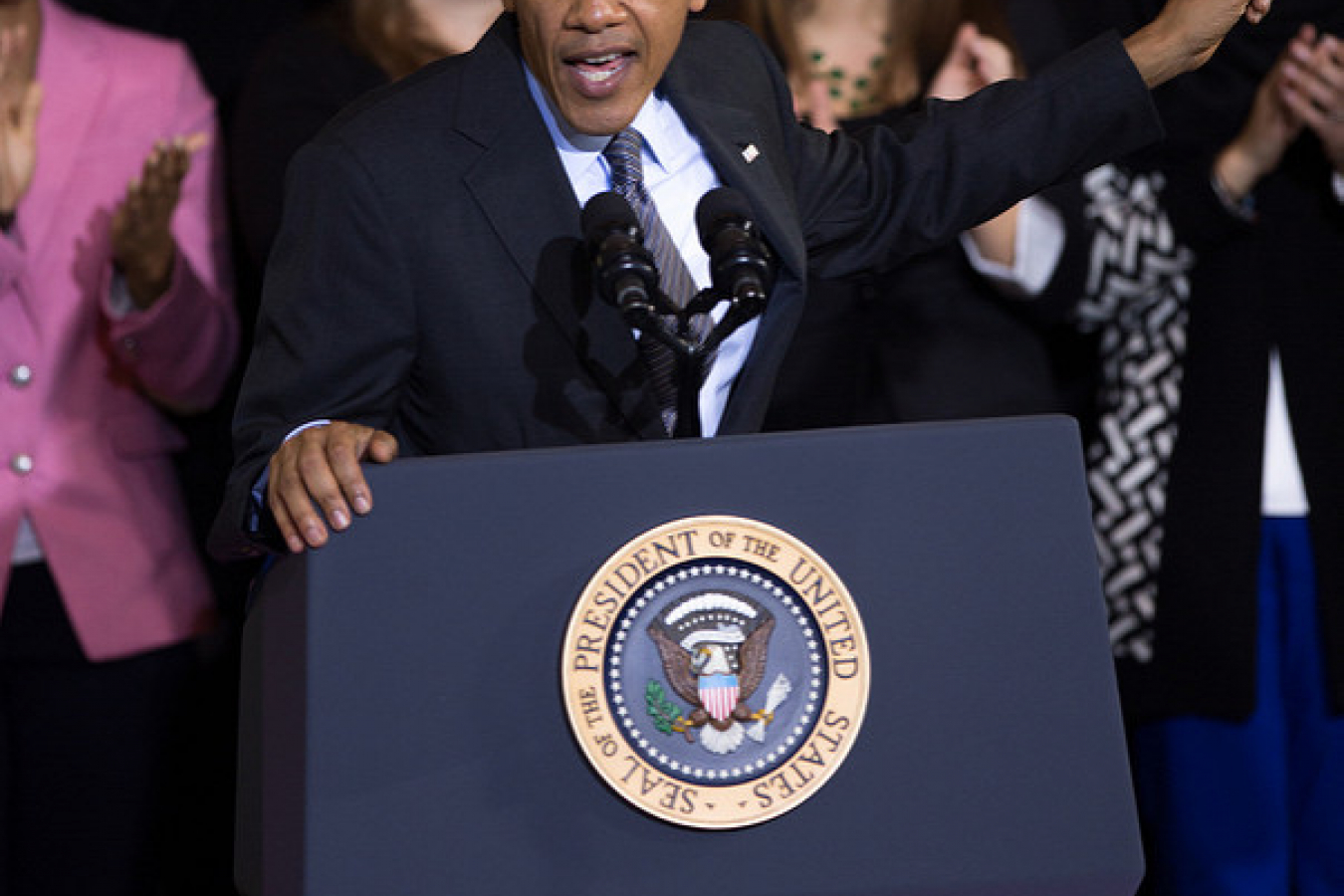Support migrant centric journalism today and donate

There are signs that the Republican leadership in Congress is serious about delivering immigration reform in 2014 though it seems that, if it comes, it may not be on President Obama's terms.
Republican insiders in Washington say that John Boehner, the speaker of the House of Representatives (or 'The House' as it is known)told Republican Representatives that senior Republicans will lay out a series of 'principles for immigration legislation' early in 2014, perhaps even before the start of February.
The House is preparing, insiders say, to introduce reforms which could
- Make it easier for US firms to hire specialist workers from abroad (particularly in the STEM subjects of science, technology, engineering and mathematics)
- Increasing border security to prevent further illegal immigration
- Improve the E-Verify system so that firms would be able to check the immigration status of workers before employing them
- Increase the number of visas available for low-skilled workers in construction and agriculture
- Provide a 'pathway to citizenship' for some of the 11.5m people currently living illegally in the US.
Single issue bills
Republican insiders say that the House intends to introduce a series of single issue bills rather than pass one comprehensive reform bill which would deal with all the issues at once.This decision puts the House and the Senate and the Democrats and the Republicans at loggerheads.
The Democrats have said that they are not prepared to pass a series of single-issue bills but want to pass one comprehensive reform bill. This is because they do not trust the Republicans to deal with the issue of creating a 'pathway to citizenship' unless that pathway is linked inextricably with other reforms.
Senate bill
And, the Senate has already passed a bill, The Border Security, Economic Opportunity and Immigration Modernization Act 2013 which deals with all of these issues. The bill was drafted by a bipartisan group of senators, (four Republicans and four Democrats) and has been presented by President Obama as a compromise in which neither party gets everything it wants. The Senate bill is the President's preferred option.In order to become law, the Senate bill would also have to be passed by the House but Mr Boehner who, as speaker, decides what legislation the House votes on, has refused to allow a vote on this bill.
But some pro-immigration campaigners are optimistic that the Republicans may be ready to create a pathway to citizenship. Angela Kelley of the pro-immigration Center for American Progress said 'Based on what we've heard, the fact that the undocumented are going to be mentioned [by the Republicans] in terms of legalizing, instead of just deporting, is a sea change'.
'Talk is cheap, show us a bill'
Lorella Praeli of another pro-immigration group, United We Dream, on the other hand, was sceptical. 'Talk is cheap, so show us a bill' she said.Immigration has been an issue that divides the parties in recent years. During the 2012 election campaign, President Obama made a promise to make comprehensive immigration reform a priority during his second term if re-elected.
High on his list of priorities was legislation to allow the 11.5m foreign nationals residing illegally in the US to 'come out of the shadows'.
Amnesty
However, since the rise of the right wing Tea Party' faction in 2009, the Republican Party has become increasingly hostile to any solution to the illegal immigrant question that would create a pathway to citizenship. Republicans, and particularly Tea Party Republicans, see the pathway as an 'amnesty' which rewards people for illegally entering the country.Since the 2012 election, there has been a stalemate in Congress making it almost impossible to pass any legislation. This is because, in the US system, any legislation must be passed by both houses of Congress; the Senate and the House to become law.
The President can rely on the Senate, to vote with him as it has a small Democrat majority. However, the House has a small Republican majority (234-201). It also has a large number of Tea Party backed candidates who oppose the President at every turn and are opposed to any compromise.
Tea Party opposes immigration
The Tea Party is a grass roots movement that has no written agenda but is broadly opposed to 'big government', taxes, gun control and immigration, particularly illegal immigration and it has pushed the Republican Party to more extreme 'right wing' positions.For example, in 2012, the Republican challenger for the presidency, Mitt Romney, was obliged to adopt an anti-immigration stance in order to win the backing of Tea Party supporters in primary elections throughout the US. Mr Romney promised that, if he was elected, he would adopt policies aimed at encouraging illegal immigrants in the US to 'self-deport'.
These promises were extremely popular among Tea Party supporters but extremely unpopular among the US's 30m voters of Hispanic descent who voted by 71% to 28% for Mr Obama. This is because 80% of illegal residents are of Hispanic ethnicity. Many Hispanic citizens of the US have friends or family who live in the country illegally.
Obama 'owes victory to Hispanics'
Many pollsters say that it was the support of Hispanic voters which won Mr Obama the election.Republican strategists have warned that, unless the Grand Old Party (as it is known) supports the creation of a pathway for at least some of the illegal residents, as the Hispanic population of the US grows, it will become almost impossible for a Republican ever to be voted President again.
If you would like to apply for a US visa, WorkPermit.com can help. WorkPermit.com is a specialist visa consultancy with 25 years of experience dealing with visa applications. We can help with a wide range of visa applications to your country of choice. Please feel free to contact us for further details.





















